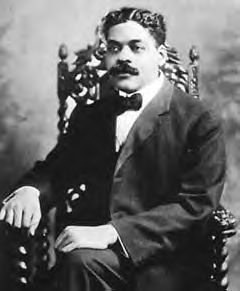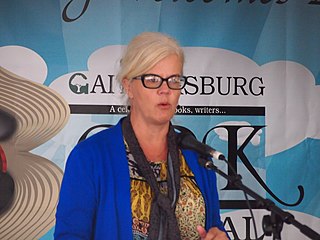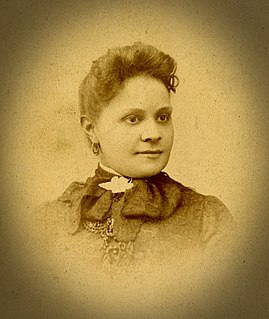A Quote by W. E. B. Du Bois
From the very first, it has been the educated and intelligent of the Negro people that have led and elevated the mass, and the sole obstacles that nullified and retarded their efforts were slavery and race prejudice; for what is slavery but the legalized survival of the unfit and the nullification of the work of natural internal leadership?
Related Quotes
I've always been interested in history, but they never taught Negro history in the public schools...I don't see how a history of the United States can be written honestly without including the Negro. I didn't [paint] just as a historical thing, but because I believe these things tie up with the Negro today. We don't have a physical slavery, but an economic slavery. If these people, who were so much worse off than the people today, could conquer their slavery, we can certainly do the same thing....I am not a politician. I'm an artist, just trying to do my part to bring this thing about.
The American Negro must rebuild his past in order to make his future. Though it is orthodox to think of America as the one country where it is unnecessary to have a past, what is a luxury for the nation as a whole becomes a prime social necessity for the Negro. For him, a group tradition must supply compensation for persecution, and pride of race the antidote for prejudice. History must restore what slavery took away, for it is the social damage of slavery that the present generation must repair and offset.
These semi-traitors [Union generals who were not hostile to slavery] must be watched. Let us be careful who become army leaders in the reorganized army at the end of this Rebellion. The man who thinks that the perpetuity of slavery is essential to the existence of the Union, is unfit to be trusted. The deadliest enemy the Union has is slavery - in fact, its only enemy.
As for slavery, there is no need for me to speak of its bad aspects. The only thing requiring explanation is the good side of slavery. I do not mean indirect slavery, the slavery of proletariat; I mean direct slavery, the slavery of the Blacks in Surinam, in Brazil, in the southern regions of North America. Direct slavery is as much the pivot upon which our present-day industrialism turns as are machinery, credit, etc. … Slavery is therefore an economic category of paramount importance.
My own convictions as to negro slavery are strong. It has its evils and abuses...We recognize the negro as God and God's Book and God's Laws, in nature, tell us to recognize him - our inferior, fitted expressly for servitude...You cannot transform the negro into anything one-tenth as useful or as good as what slavery enables them to be.
So many white people don't want to talk about race; it's uncomfortable. Many reason that slavery happened more than a century ago, and people alive today had nothing to do with it. But the particulars of these stories, from slavery to segregation to civil rights and mass incarceration, are at the marrow of life in America today.
Slavery was, in a very real sense, the first
international human rights issue to come to the fore. It led to the
adoption of the first human rights laws and to the creation of the
first human rights non-governmenta l organization. And yet despite
the efforts of the international community to combat this abhorrent
practice, it is still widely prevalent in all
its insidious forms, old and new.
Although it has been fashionable to deny it, anti-slavery doctrines began to appear in Christian theology soon after the decline of Rome and were accompanied by the eventual disappearance of slavery in all but the fringes of Christian Europe. When Europeans subsequently instituted slavery in the New World, they did so over strenuous papal opposition, a fact that was conveniently 'lost' from history until recently. Finally, the abolition of New World slavery was initiated and achieved by Christian activists.





































